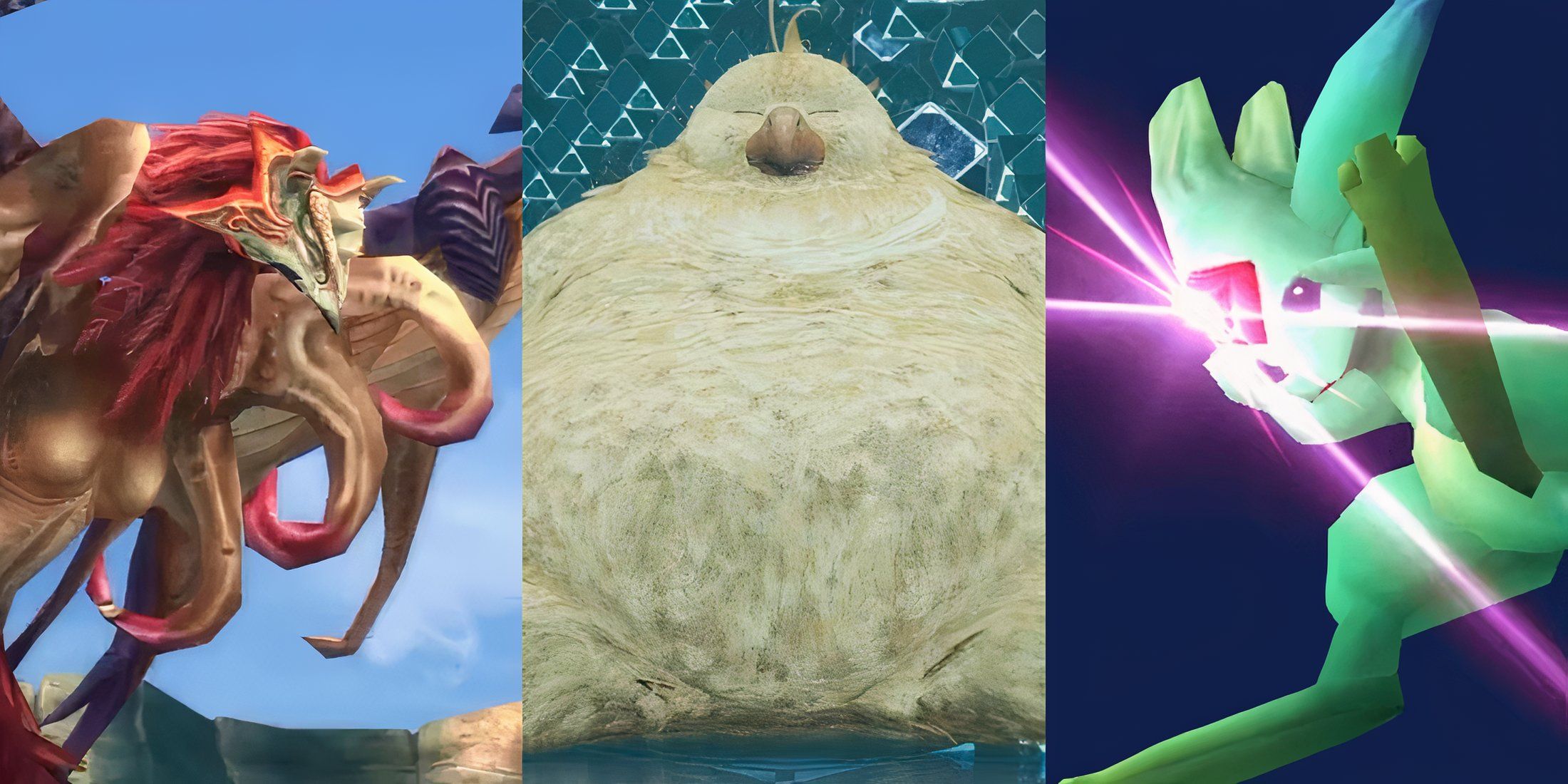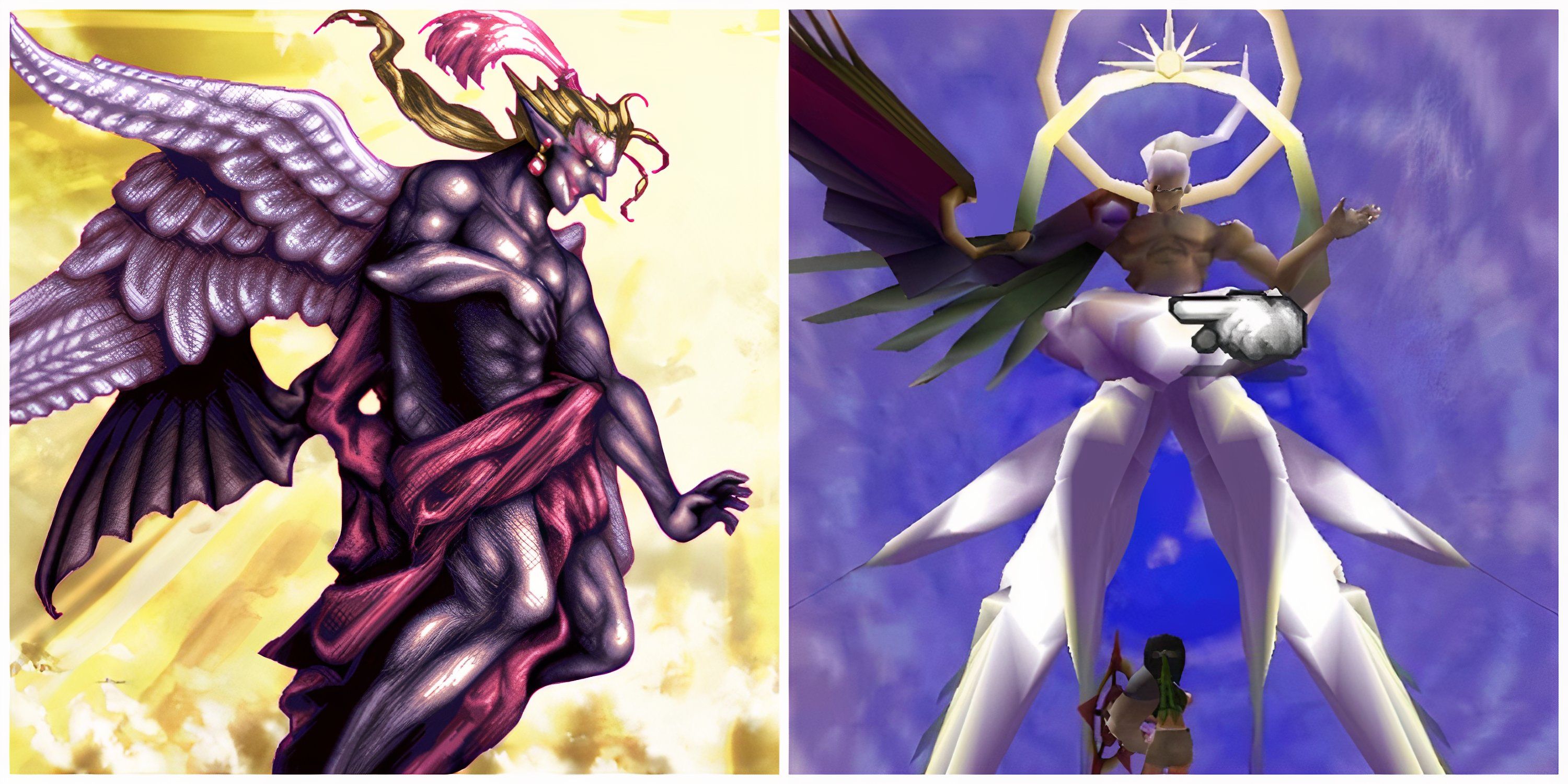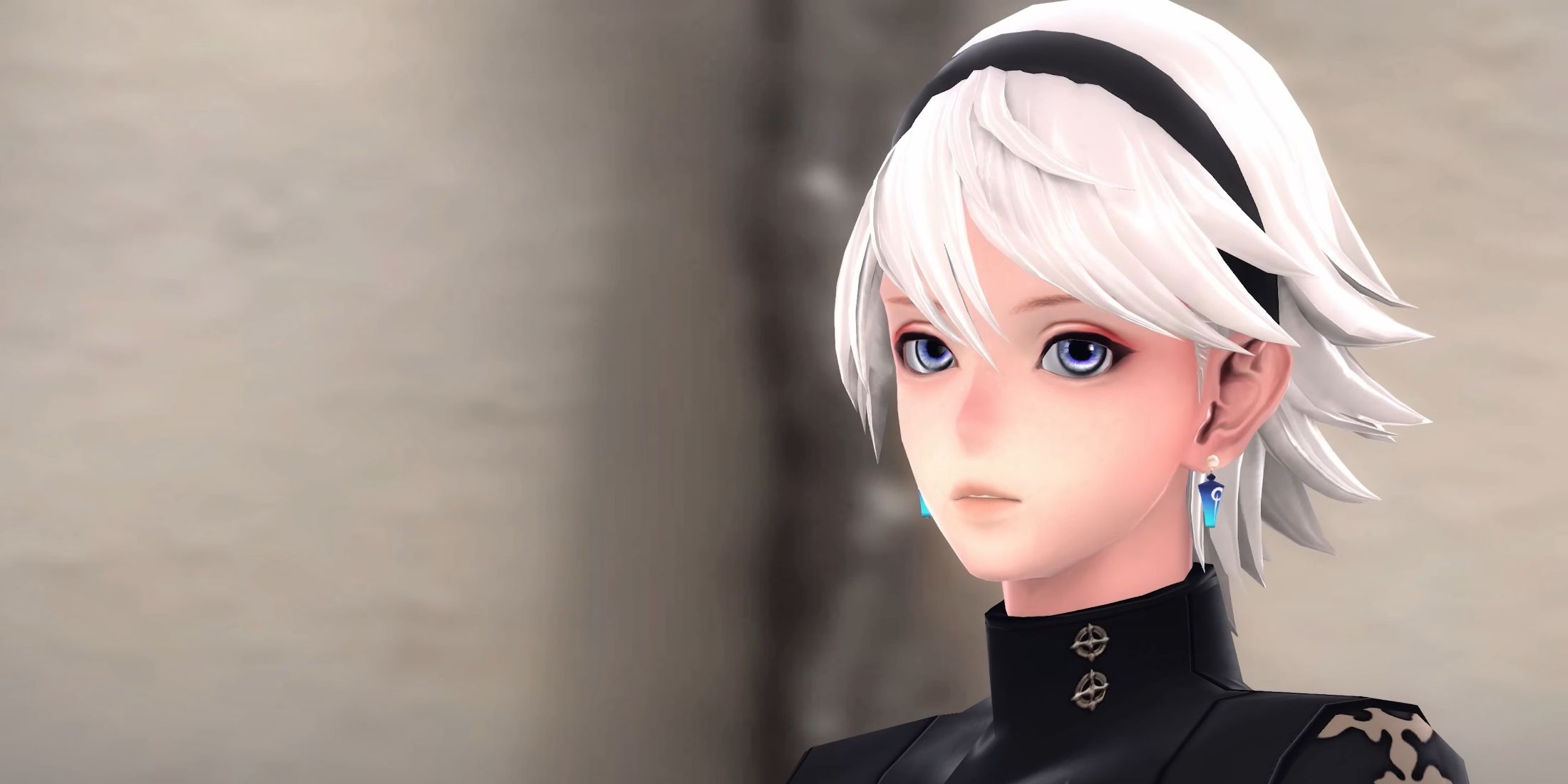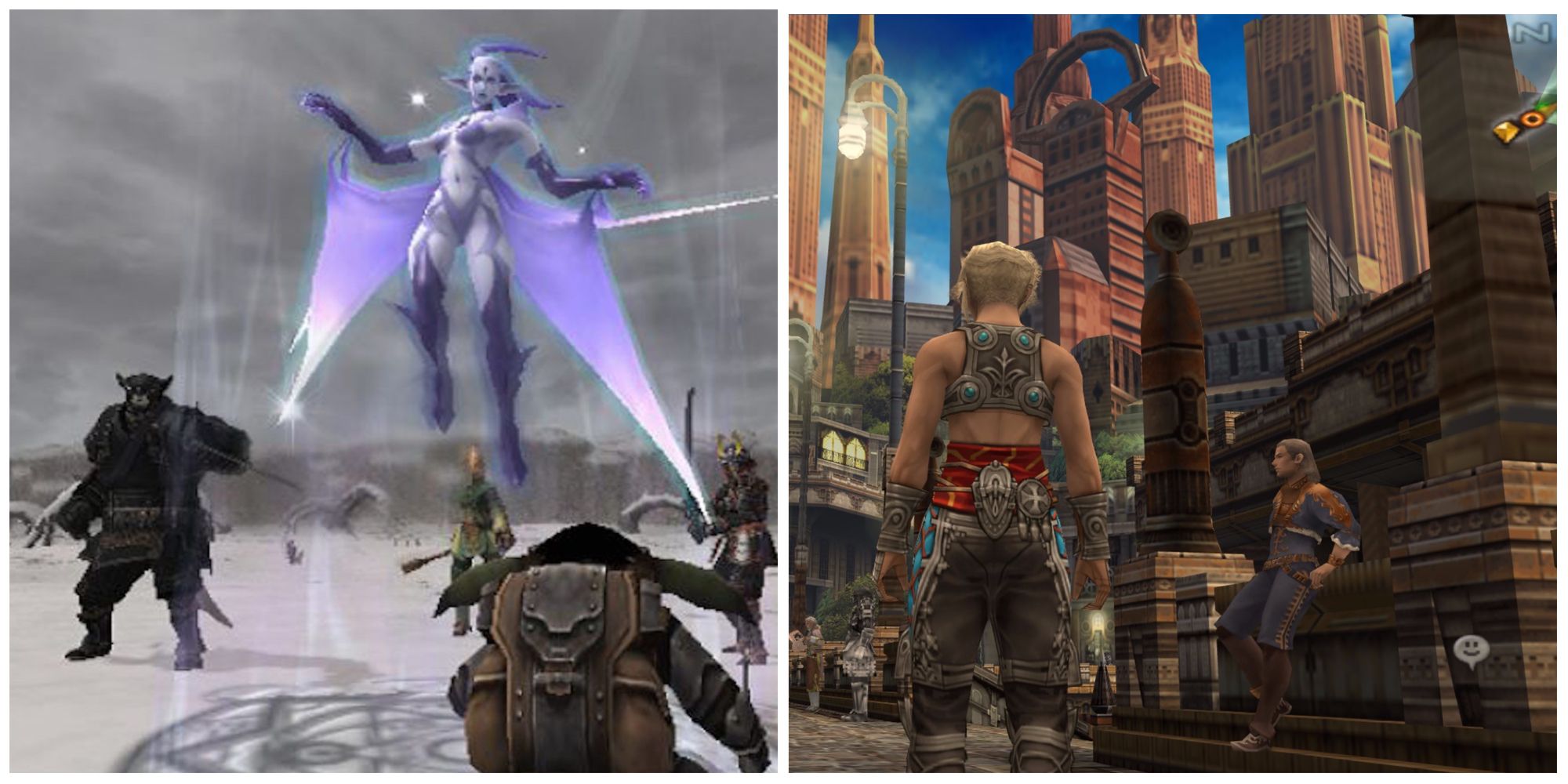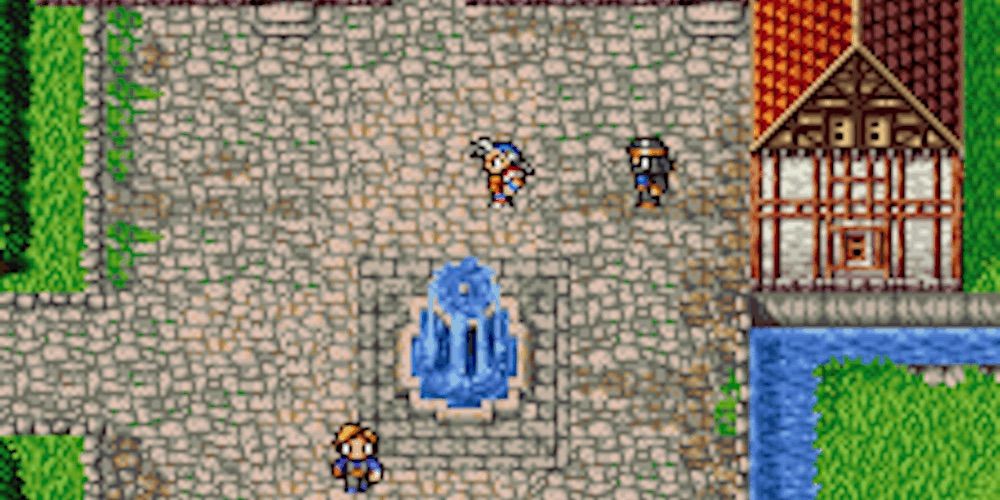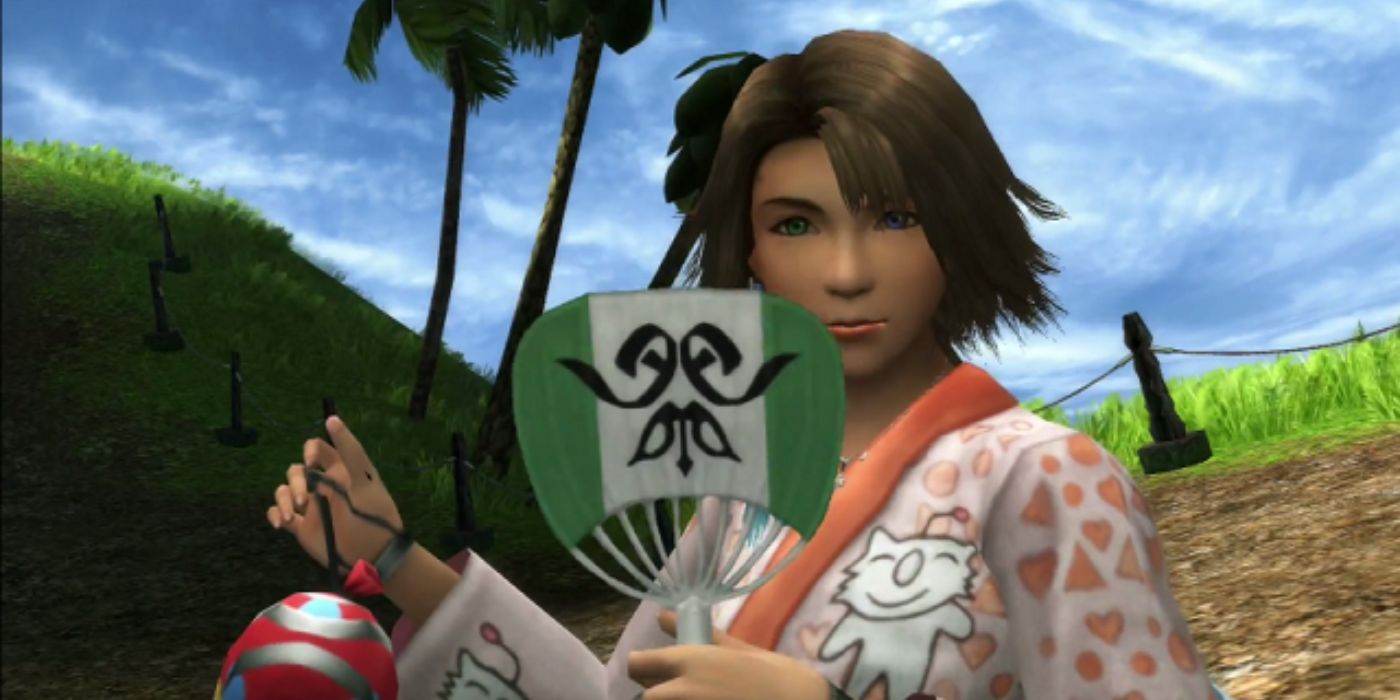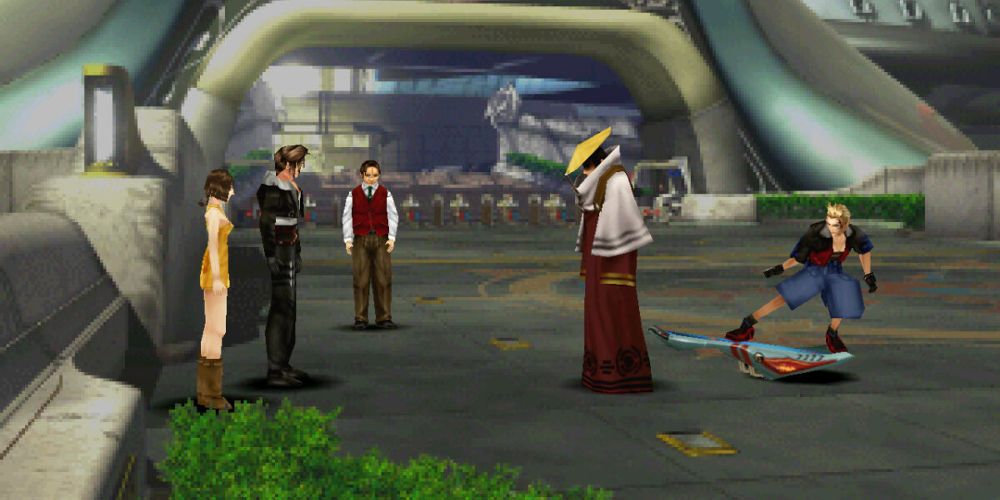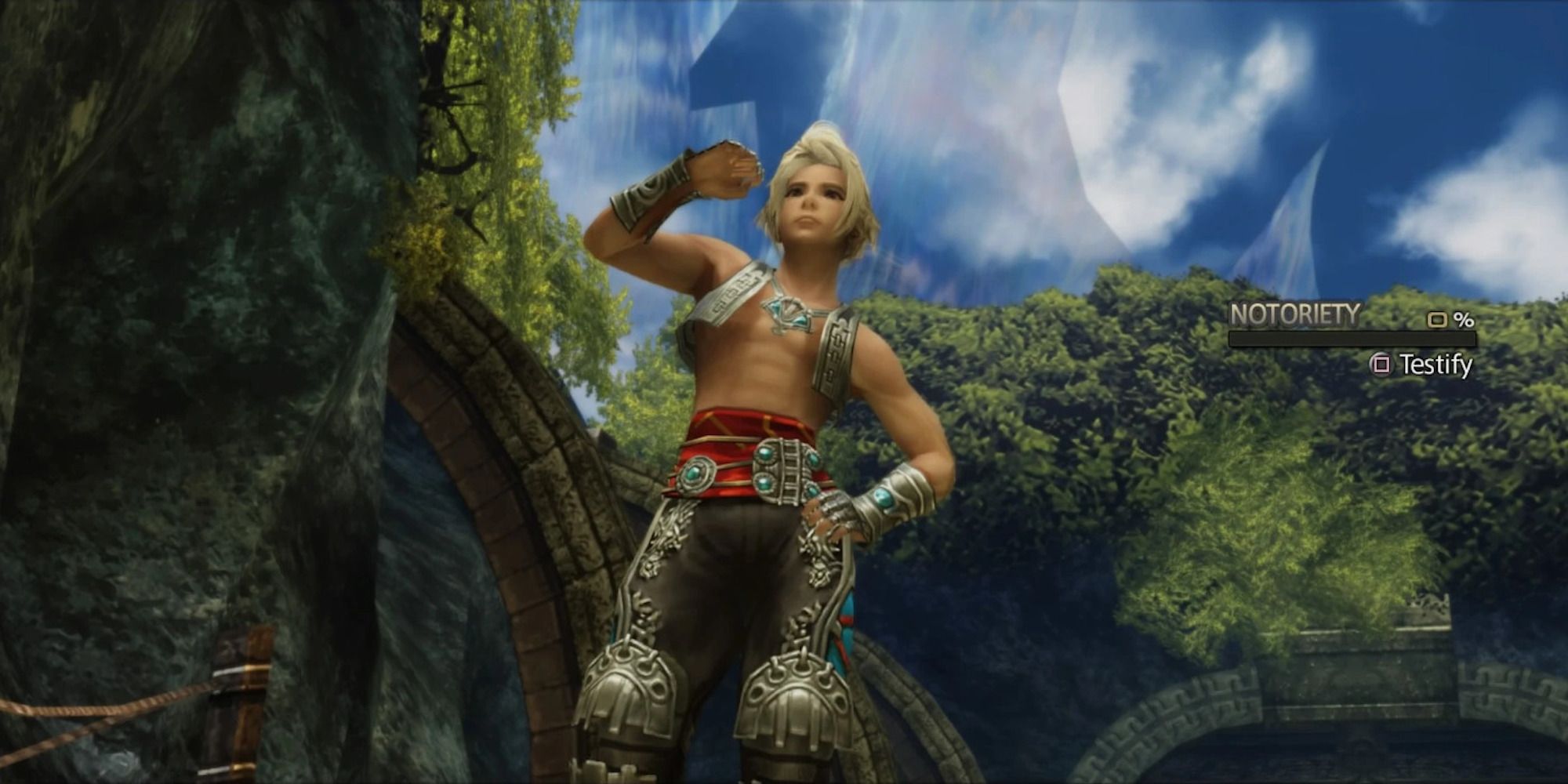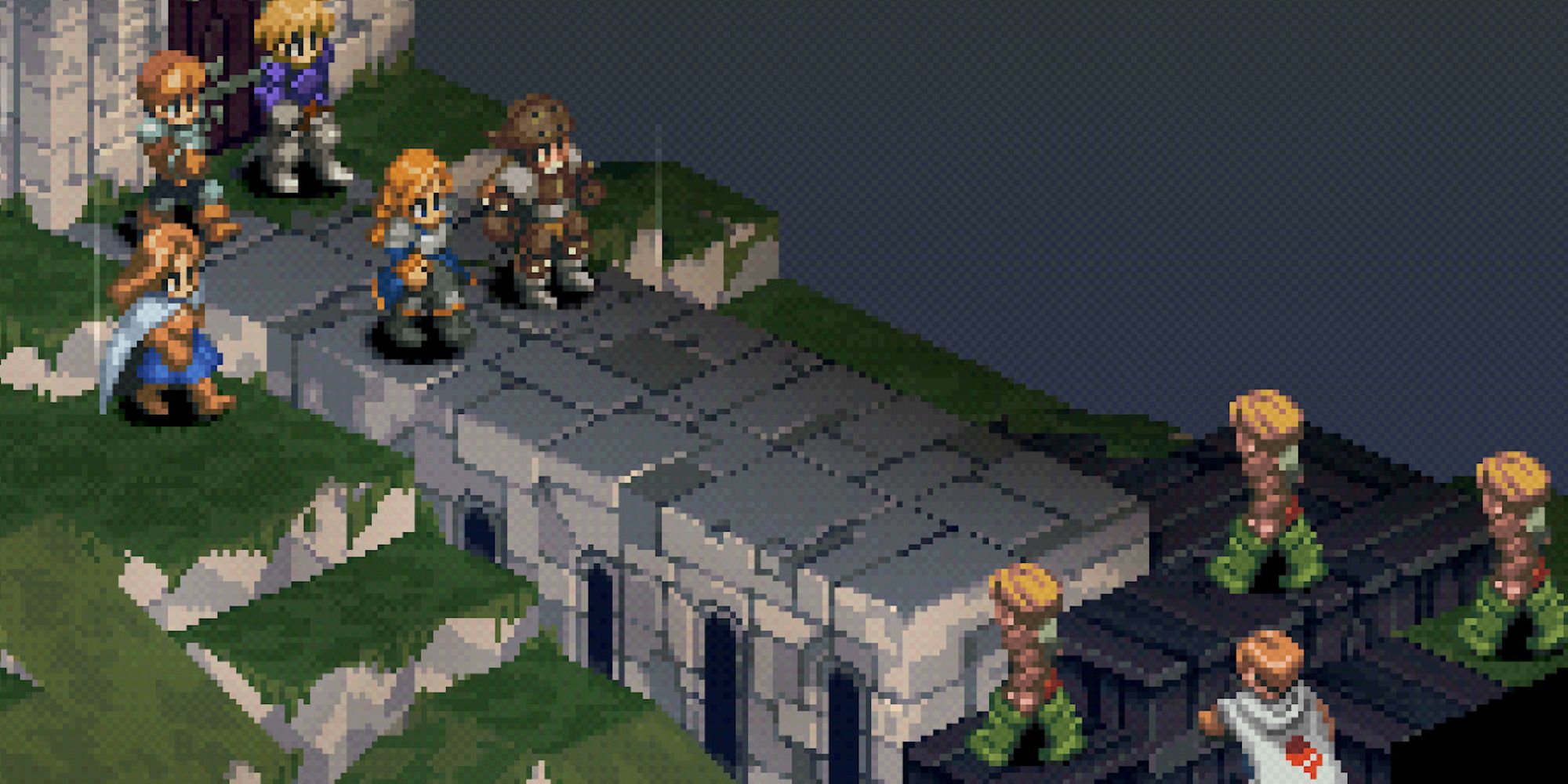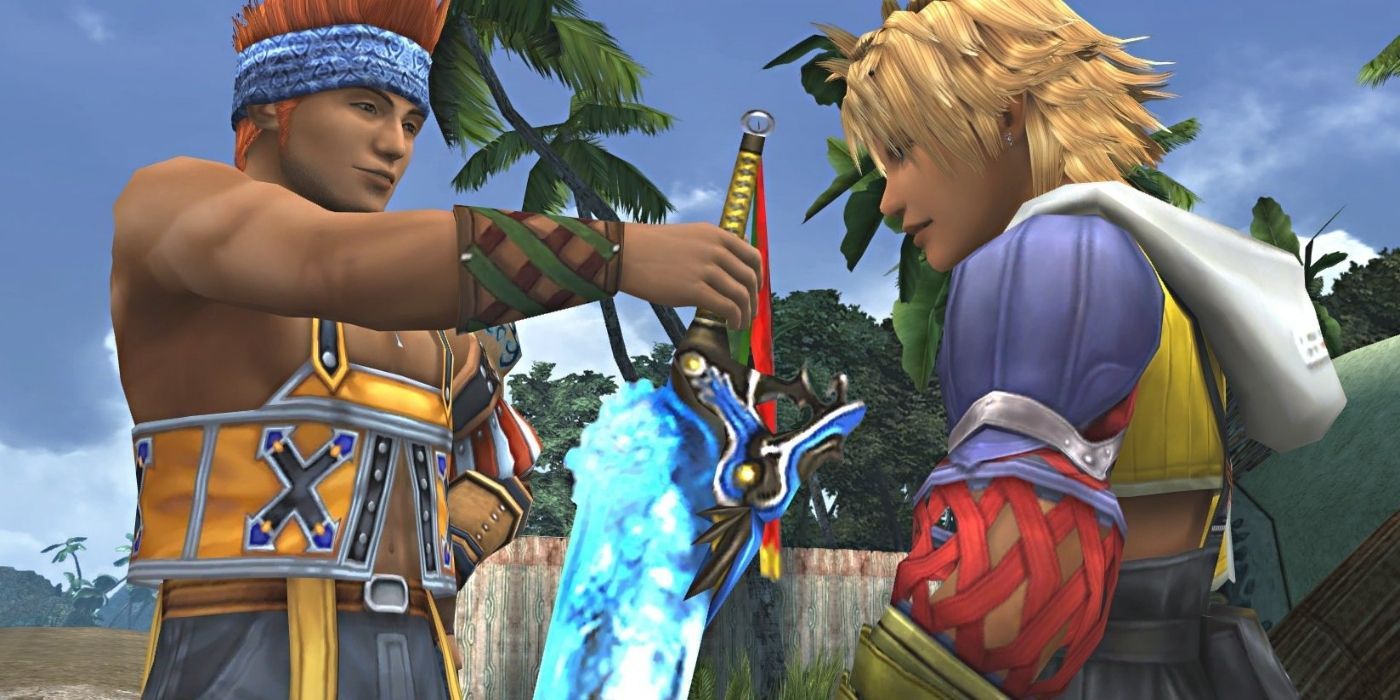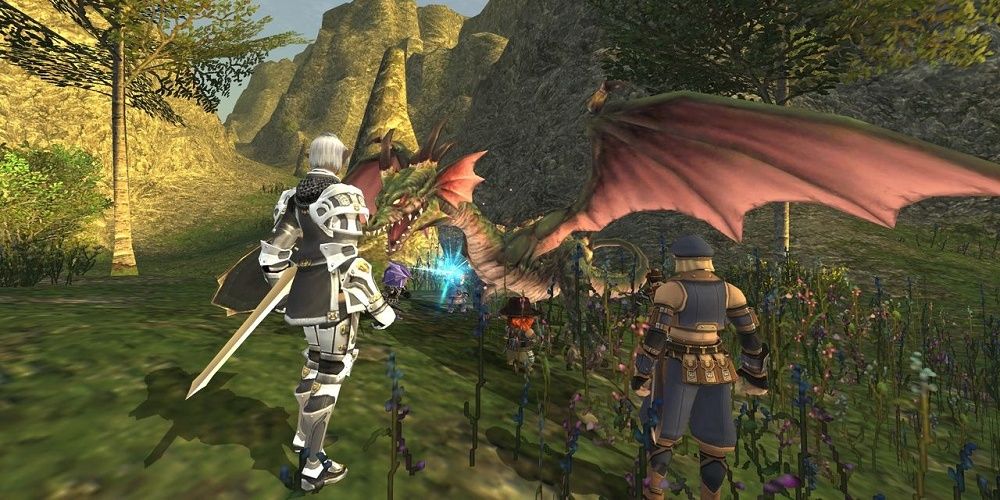When one plays Final Fantasy, they expect a certain kind of game. The legendary RPG franchise established and perfected a lot of tropes other JRPGs would use for decades to come. However, no series lasts this long without making some changes and shaking things up every once in a while.
The Final Fantasy games below all made some major deviations from the tried and true formula that has cemented the franchise's legacy. For the most part, these adjustments had a positive impact. In a couple of cases, however, the change was polarizing upon release and has caused the game to age poorer than the entries ahead and behind it. All the same, developers have to be commended for trying new things.
7 Final Fantasy II
The debut entry was a surprise hit and saved Square from closing down after a string of hard times. Because Final Fantasy had yet to be established as a legendary series, the second game in the series takes a lot of liberties with its gameplay systems and feels radically different from the rest of the 2D numbered entries.
Characters do not level up and instead increase stats by utilizing related skills or effects in battle. This makes it feel like a mix between Final Fantasy and The Elder Scrolls. While an interesting idea, it also means players sometimes attack and heal their own party members to grow stronger.
6 Final Fantasy X-2
It took ten mainline games for one of them to receive a proper sequel. Curiously titled Final Fantasy X-2, this true sequel to Final Fantasy X directly follows up on the events of the 2001 RPG, marking a first for the franchise.
This alone is enough to get it on the list. Additionally, Final Fantasy X-2's tone is lighter and more joyful than almost every other Final Fantasy. It even opens with a musical number. Though the job system is nothing new, it is interesting to see how the characters change their wardrobe based on the job.
5 Final Fantasy VIII
While Final Fantasy VII was a huge departure from its predecessors thanks to 3D graphics and a science fiction aesthetic, it at least keeps the systems intact. Final Fantasy VIII retains the more futuristic tone and also adds a new way to earn abilities.
The Draw mechanic is an ability players must use on enemies to earn new abilities and strengthen existing ones. It is interesting, but it also lends itself to tons of grinding. Enemies also scale to the party's level, so understanding the Draw system is key to victory. The system takes up tons of time, but at least with the remaster, players can speed up gameplay to streamline the process.
4 Final Fantasy XII
After almost two decades of pure turn-based gameplay, Final Fantasy 12 finally breaks from this tradition by having combat play out in real-time. Players still have to wait to take action, but they are always free to move about the map, and battles take place on the world map. Random encounters are also gone.
Even though it changes a lot about Final Fantasy, the 12th numbered game is massive and will take anywhere between 60 and 100 hours to beat. Though not really the first time it has been done in Final Fantasy, the game also lacks a proper world map, though towns and the wilds are still separated by load times.
3 Final Fantasy Tactics
This is not a numbered game, nor is it the first time a spin-off employed a new genre. However, Final Fantasy Tactics deserves mention both because of how different it is and for how beloved it has become over the years. Many consider it better than most of the numbered entries.
Yasumi Matsuno directed Tactics, who previously made another classic turn-based strategy RPG, Tactics Ogre: Let Us Cling Together, making it a spiritual sequel of sorts. The intricate job system makes for an extremely gratifying progression system that encourages experimentation.
2 Final Fantasy X
Taking advantage of the PS2's increased power,Final Fantasy X was easily one of the best-looking RPGs upon release. Not only that, but it also does away with traditional levels in favor of the sphere grid and lacks any world map. Progressing through the story plays out in a linear manner up until the endgame.
This helps keeps players focused while not sacrificing side quests and exploration. It just saves it all for the ending. Lastly, it does away with the ATB battle system that had been in use since Final Fantasy IV. Instead, players are free to take however long they want on a turn without fear of enemies striking. Party members can also swap out anytime during battle.
1 Final Fantasy XI
Final Fantasy XI does not only represent a huge departure for the franchise, it also revolutionized the MMORPG genre. It was one of the first major MMOs to come out of Japan and also one of the first to come out on a home console. It was bold in every possible way to make this a numbered Final Fantasy title.
It was a huge success and is still online today, even long after Final Fantasy XIV's launch. Players should be weary if they play it now, however, since older MMORPGs lack a lot of the modern conveniences, the genre has since almost universally adopted.

